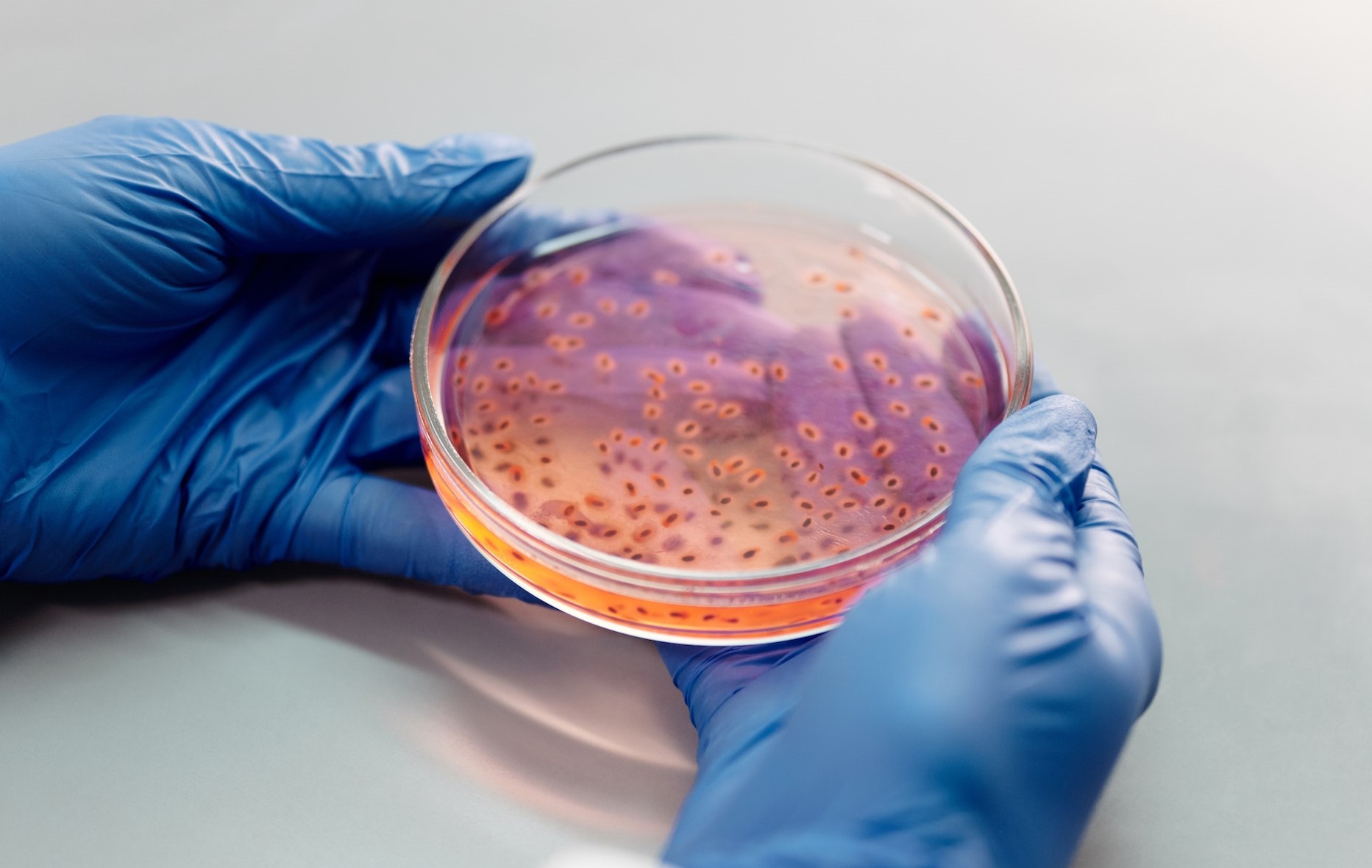If you are thinking of pursuing a biology degree, you may want to consider if it is worth the time. Biology is challenging, but it can be doable with the right attitude and approach.
Knowing biology helps us understand the natural world around us so that we may preserve it and ensure its sustainability for future generations.
Is Biology Hard?
Biology is a challenging major that requires students to master the science behind living organisms. In addition, biology is constantly evolving and is consistently competitive. Hence, students need to stay up-to-date on the latest research. Students must pass ASBMB certifications after getting degrees in their field of study.
Here are 11 reasons that you should consider before making your decision.
1. Science of Living Organisms
A biology major focuses on living organisms’ roles, qualities, and relevance.
Students in this program take a multidisciplinary approach, integrating the classroom experience with hours spent in a laboratory conducting research.
In addition, students will work simultaneously alone and collaboratively in the lab and on research work. They must conduct research, assess the outcomes, and report on their findings.
Overall, the fundamental skills required for a career in the life sciences are established by biology professionals.
2. Challenging Major
Everyone can learn biology, but it’s not always straightforward.
For example, even though astronomy and physics require more math than biology, it could not be easy to comprehend living organism structures and functions.
You must grasp, memorize, apply, and recreate intricate methods and systems in biology to complete your exams successfully.
Although difficult, biology degrees open up a diverse range of employment opportunities. Many biology graduates study medicine, while others work in educational settings or enterprises.
According to the Bureau of Labor Statistics, the average annual income in this sector is around $65,000 for professionals with a Bachelor’s Degree. Additionally, many students specialize in fields like nursing, general dentistry, and medical science, leading to excellent wages ranging between $110,00 to $170,000 annually.
3. Degree Options
You can pursue an undergraduate or graduate degree upon taking this course.
Undergraduate Programs:
- Associate’s Degree (2 years)
- Bachelor’s Degree (4 years)
Even while a B.S. isn’t a requirement for most medical schools, getting one rather than a B.A. may help you meet more qualifications.
Graduate Programs:
- Master’s Degrees (1-2 years)
- Doctoral Degrees (4-7 years)
- Professional Degrees
Those with graduate degrees generally earn a great deal more than those with only bachelor’s degrees.
4. Consistently Competitive
Students can earn a 120-credit degree in four years and eight semesters to pursue a wide range of career possibilities in this major.
Since hundreds of students receive academic credit each year for their science research, biology majors consistently compete for prominent fellowships.
Overall, a biology degree seems to be very adaptable. The degree has a lot of value in the life sciences domains, even if students don’t apply it to pursue medical school.
5. Extensive Chemistry and Biology Coursework
Students majoring in this degree study various fundamental chemistry and biology coursework.
These may consist of the following:
- Cell Structure and Function
- Genetics
- Molecular Biology
- Human Anatomy
- Biochemistry
Most students struggle to pursue a biology degree because it includes an extensive syllabus, intensive laboratory sessions, and various complex concepts.
6. Hands-On Laboratory Experiments and Experience

Biology majors receive hands-on experience in classroom settings, research facilities, the outdoors, or museums.
In order to understand how living processes work, students are taught to explore the natural environment by applying the most up-to-date tools and techniques in laboratory and outdoor contexts.
Additionally, they are taught how to deal with ecological concerns and protect the environment for the next generation.
7. Overwhelming but Fascinating Classes
Some students find biology so tedious as they have to take in a significant amount of information which can be mentally draining and exhausting.
On the other hand, the complexity of living organisms and how they relate with each other and their surroundings are what most biology students find fascinating.
However, graduates advise that the most distinctive approach to studying biology is to divide the material into smaller chunks and take breaks.
8. Day in the Life of a Biology Major Student
Often Biology majors attend three lectures a day and spend an extensive amount of time studying and writing an essay in advance for each one-hour lecture.
Despite students’ hectic schedules at university, they still make the time to attend fascinating lectures given by organizations like the Biological Sciences Association.
Some individuals can still visit the neighborhood gymnasium and play sports while not studying biology.
9. Evolutionary Internships
During their internship, students are trained in evolutionary anthropology, allowing them to research primates and humans. Students explore the debates in the field and research fossils.
Students collect samples and do research for institutions and private entities. Additionally, they can learn to work with teams and build essential workplace skills.
It’s critical to partake in internships and work-integrated learning opportunities to succeed in this field.
10. ASBMB Certifications
ASBMB accreditation seeks to provide a results-based method via which B.S. or B.A. have the chance to have their degree accredited in biology and biochemistry.
To be eligible for ASBMB accreditation, participating students must earn a minimum of 400 contact hours of a practical, hands-on laboratory course in all Stem disciplines.
Under specific conditions, undergraduate research, internship programs, and assignments can replace traditional laboratory coursework.
11. University Fees
For some universities, the median tuition and expenses for a biology degree are $27,776 for a bachelor’s and up to $42,316 for a master’s program.
Numerous students in the United States participate in medical schools and Ph.D. programs after graduating from their biology bachelor’s courses.
To learn more, you can also see our posts on Biology, Biomedical Science, Petroleum Engineering, and Forensic Science.
Conclusion
With the increased need for the medical field, genetics, and genomic knowledge in today’s society, a major in biology is a worthwhile investment.
Of course, this path does not come without challenges and obstacles. Still, you can expect to be prepared for life as a professional biologist at the end of your four years.

